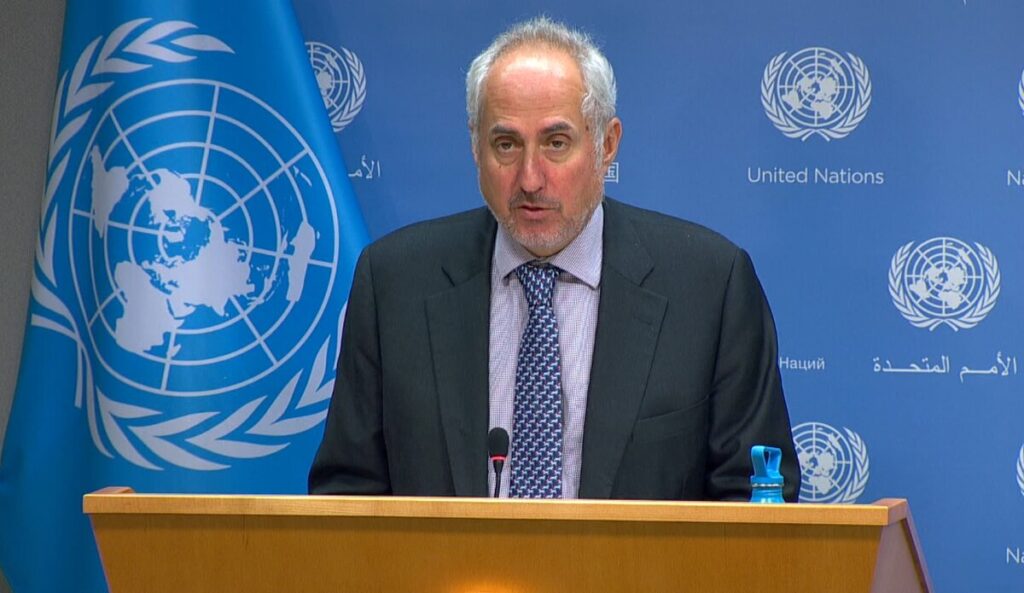Sudan’s leading civilian political coalition has formally called on four key nations to intensify coordinated diplomatic efforts to end the country’s worsening war, lending its support to a new international initiative expected to gain momentum later this month.
The Civil Democratic Alliance Somoud, headed by former Prime Minister Abdalla Hamdok, has confirmed that it had dispatched letters to the foreign ministers of the United States, Saudi Arabia, the United Arab Emirates, and Egypt. The alliance urged the quartet to align their strategies as they prepare for high-level consultations in Washington in the coming weeks.
The diplomatic overtures aim to bring an end to the violent conflict that erupted in April 2024 between Sudan’s national army and the paramilitary Rapid Support Forces (RSF). Unconfirmed reports suggest that Britain and Qatar may also be invited to participate in the discussions.
According to a source, the U.S. has proposed a two-track solution, initially focusing on achieving a ceasefire and subsequently facilitating dialogue between the army chief, Abdel Fattah al-Burhan, and the RSF leader, Mohamed Hamdan “Hemetti”.
In its letters, the civilian alliance urged stakeholders to support a “comprehensive and sustainable ceasefire,” enable “unimpeded humanitarian access,” and embark on a new political process aimed at tackling the roots of Sudan’s ongoing crisis. The coalition said the initiative forms part of its broader mission to “put Sudan on the path to peace, stability, and a civilian democratic transition.”
Sudan’s Health System Near Collapse
With the humanitarian situation in free fall, the UN and its partners have unveiled an updated emergency response plan targeting over 380,000 displaced people in Tawila, located in North Darfur state. The three-month plan seeks to expand aid in critical sectors, including food, healthcare, water, sanitation, shelter, and civilian protection, requiring $120 million in funding, according to the UN Office for the Coordination of Humanitarian Affairs (OCHA).
Humanitarian workers in North Darfur warn that the health crisis is spiraling out of control. Cholera, malaria, measles, and traumatic injuries are on the rise across key towns such as Tawila, El Fasher, and Kebkabiya. Widespread insecurity has shuttered more than 32 health facilities, leaving the population increasingly vulnerable.
Compounding the health emergency are severe shortages of vaccines, essential drugs, and surgical supplies. Internet outages have further disrupted disease tracking. UN Spokesperson Stéphane Dujarric stated during a press briefing in New York that these gaps are “pushing the health system to the brink, leaving thousands without access to the care that they need to stay alive.”

The violence and displacement are taking a toll on people. Last week, 17 displaced individuals reportedly perished from thirst after their vehicle broke down in the desert, according to officials in Sudan’s Northern state.
OCHA highlighted that flooding and impassable seasonal rivers have severed supply routes from Chad and Northern states, driving sharp price increases in South Darfur’s markets.
Meanwhile, the UN expressed “deep concern over escalating violence in the Kordofan region,” following deadly drone strikes on civilian fuel markets in Al Fula and Abu Zabad towns in West Kordofan. The attacks reportedly killed five civilians and wounded several others.
Dujarric reiterated the UN’s call for “an immediate cessation of hostilities,” alongside “the protection of civilians and humanitarian personnel, unimpeded access across conflict lines and borders, and increased international support” to address the country’s growing humanitarian emergency.
As efforts to secure peace unfold diplomatically, the suffering inside Sudan remains unrelenting. Aid workers and political leaders alike hope the latest push will finally begin to reverse the devastation wrought by over a year of conflict.
READ ALSO: Government Moves to Clear GH¢700 Million Foreign Scholarship Debt



















